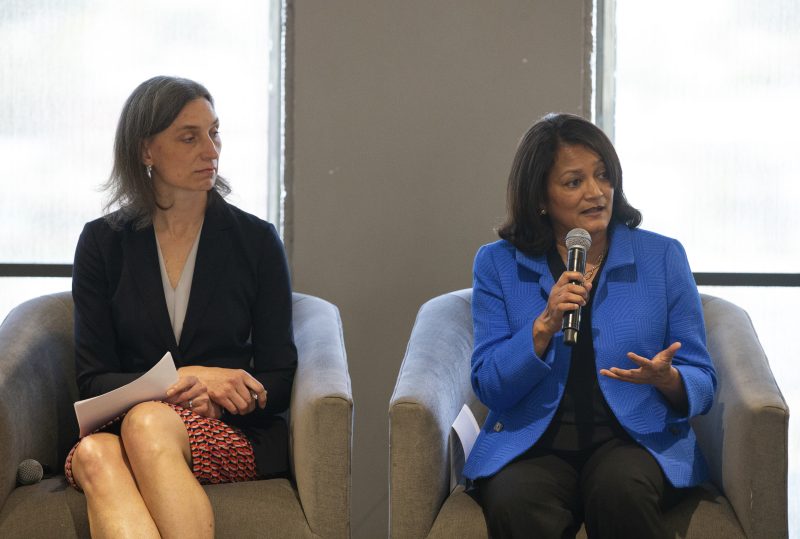
Cracking the Code: Why Progressive Democrats Struggle to Turn Activism into Election Success
Progressive Democrats Aren’t Turning Activism Into Election Wins
The intersection between activism and politics has long been a contentious battleground, with progressive activists championing for change within the political system. However, a noticeable trend has emerged in recent years – progressive Democrats are struggling to translate activism into election victories.
One of the key reasons for this disconnect is the fragmentation within the progressive movement itself. While there is a shared vision for a more equitable and just society, there is often disagreement on the best strategies to achieve these goals. This lack of cohesion can result in competing factions within the progressive camp, diluting their impact and making it more challenging to mobilize voters effectively.
Moreover, the Democratic Party itself is a broad coalition of various interests and ideologies, making it difficult for progressive activists to gain significant influence within the party. Establishment Democrats may be wary of embracing more radical progressive policies, fearing that it could alienate moderate voters and jeopardize their electoral prospects.
Another obstacle that progressive Democrats face is the significant financial advantage enjoyed by their moderate and conservative counterparts. Big donors and corporate interests tend to gravitate towards candidates who align with their own financial interests, leaving progressive candidates with limited resources to run effective campaigns.
Furthermore, the media landscape can also pose a challenge for progressive Democrats. Mainstream media outlets often prioritize sensationalism and conflict, which can overshadow the nuanced policy discussions that are central to the progressive agenda. This can make it difficult for progressive candidates to convey their message effectively and reach a broader audience.
Despite these challenges, there have been instances where progressive activism has translated into electoral success. Grassroots movements, such as the recent wave of progressive candidates in local and state elections, have demonstrated the potential for progressive ideas to resonate with voters. By focusing on building strong grassroots support and engaging directly with communities, progressive Democrats can overcome some of the obstacles they face within the established political system.
In conclusion, the relationship between activism and electoral success is complex and multifaceted. While progressive Democrats may face challenges in translating activism into election wins, there are opportunities to build momentum and effect change within the political system. By fostering unity within the progressive movement, mobilizing grassroots support, and adapting to the changing media landscape, progressive Democrats can work towards achieving their goals and creating a more just and equitable society for all.
